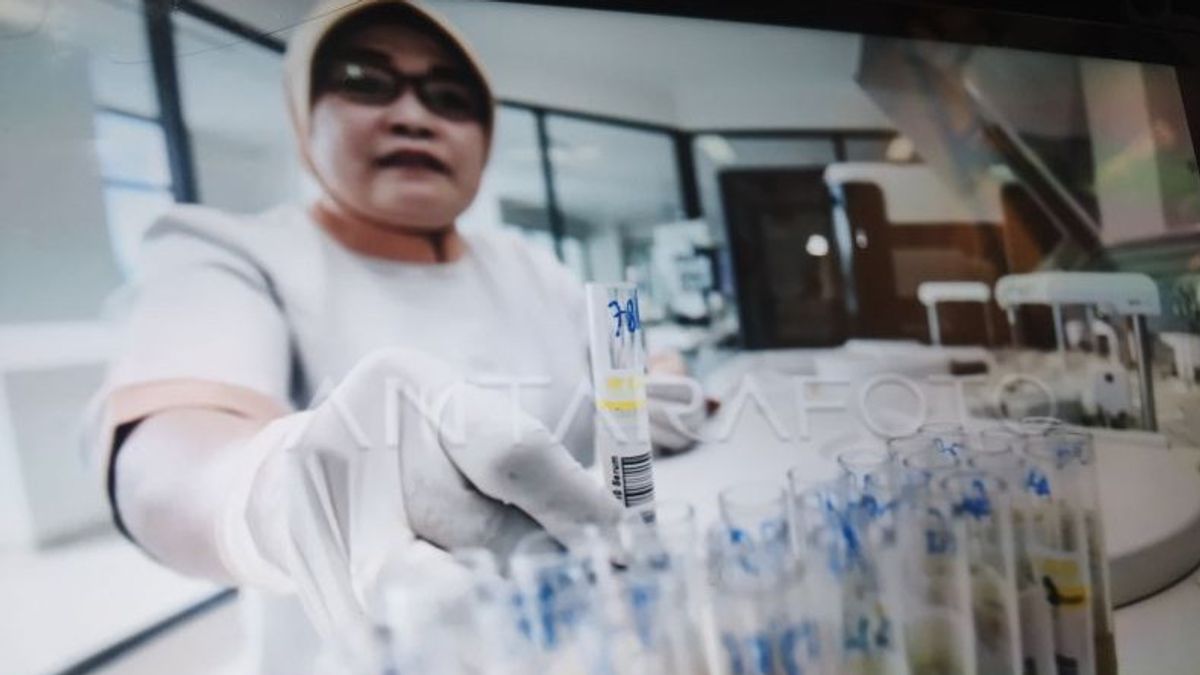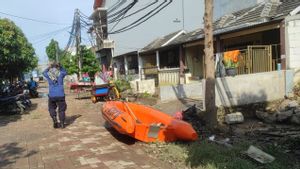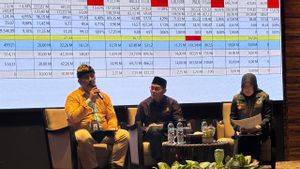Head of the Preclinical and Clinical Medical Research Center of the National Research and Innovation Agency (BRIN) Harimat Hendarwan said that the Nipah virus has the potential to enter Indonesia.
This is because the spread of the virus has entered neighboring countries, namely Singapore and Malaysia.
"Indonesia is at risk because it is geographically close to these countries, as well as the discovery of the virus in the reservoir of teropus species, and several other species that are also found in Indonesia," Harimat said as quoted by ANTARA, Wednesday, October 4.
The Head of the Preclinical Medicine and BRIN Clinic said the Nipah virus is a disease that can be transmitted from animals to humans, both domestic and wild animals with bats as their natural host.
In addition, he said humans infected with this virus can catch inflammation of the brain, and in cases of severe infection, about 50 percent can cause death.
Harimat revealed that apart from bats, viruses can also spread through other animals, such as pigs, goats, horses, dogs and cats, if exposed to body fluids, the subject of the Nipah virus. So, someone who consumes livestock infected with the virus will be infected.
"In Malaysia and Singapore, transmission occurs due to direct contact with sick pigs. Meanwhile, in Bangladesh and India, it occurs because they consume fruit or products contaminated with bat saliva, human-to-human transmission to humans also occurs in India and Bangladesh," he said.
In addition, according to him, surveillance of animals and humans is important in preventing the expansion of the Nipah case.
Mitigation steps that can be taken are increasing guard against entrances to Indonesia, as well as monitoring for people traveling to epidemic areas.
Harimat argued that the Nipah virus was becoming dangerous because even though it had been found since 1999 for the first time in Malaysia, effective treatment for fighting this virus has not been found.*
The English, Chinese, Japanese, Arabic, and French versions are automatically generated by the AI. So there may still be inaccuracies in translating, please always see Indonesian as our main language. (system supported by DigitalSiber.id)













